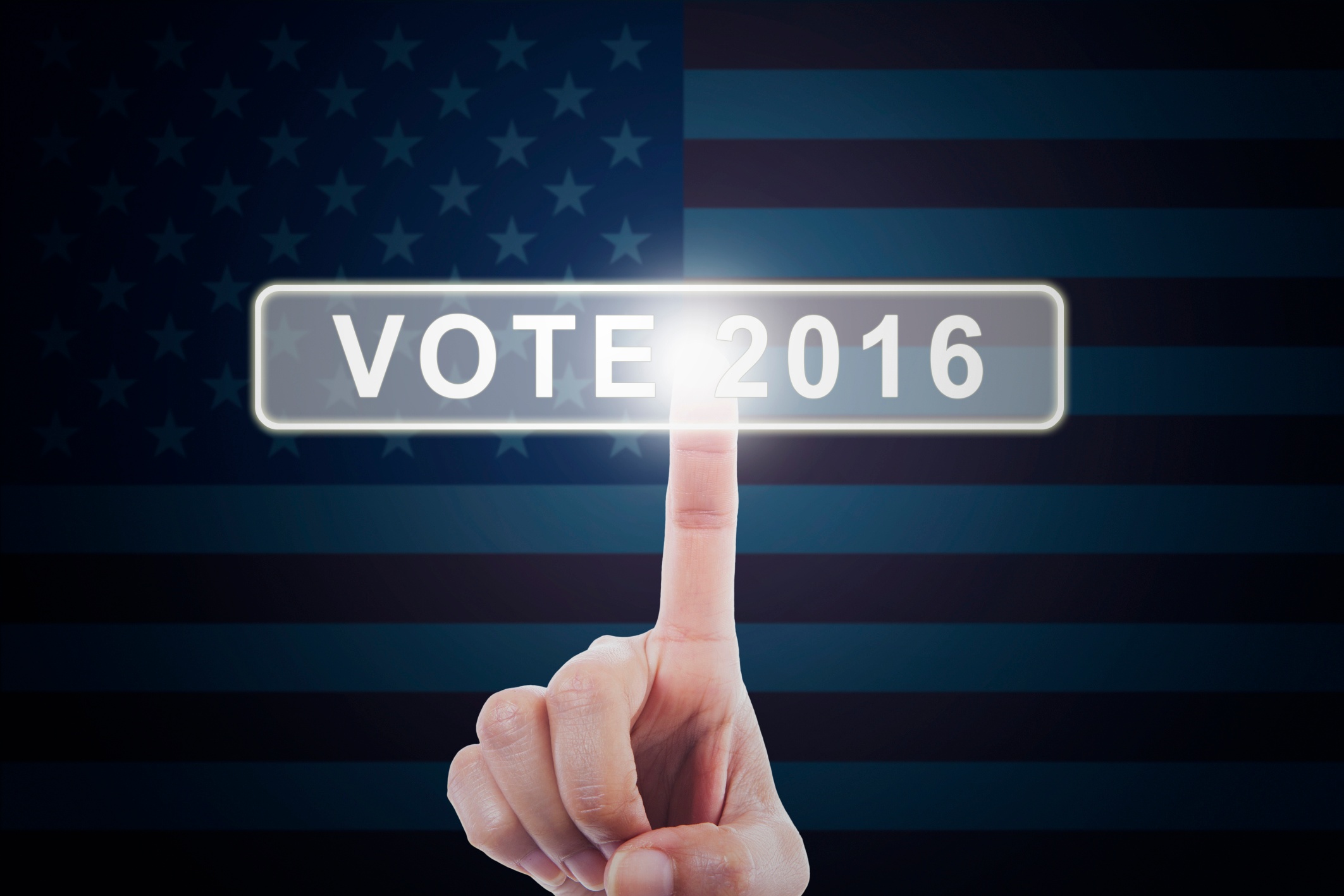Former U.S. Rep. Walt Minnick during a tele-townhall
Imagine you had a reasonably inexpensive and effective way to reach thousands — if not tens or hundreds of thousands — of voters interested in hearing your message and sharing their thoughts. Would you jump up and yell, "Sign me up!"
Of course you would. Efficiently engaging with and helping the public are the very reasons you're in politics, or are campaigning for office.
We're not talking about Twitter, Facebook, or email blasts here, important as they are in getting messages out.
A Real Conversation, with Real Results
We are talking about a real-time, live conversation with your supporters and potential supporters — the interested public who want to interact with you without being limited to 140 characters or a response box. The people willing to ask questions, take part in polls, sign up for emails, and possibly volunteer or otherwise offer to assist your campaign.
In short, we're talking about the power of a telephone townhall meeting: a real conversation, in real time, with real results. (And from the comfort of the voter's own home.)
These types of phone calls have been around for many years, and used to good effect for much of them by incumbents and candidates, nonprofits, and advocacy groups.
- Sen. Mike Lee schedules "Live Talk" phone-in meetings each month with his Utah constituents to air views on hot-button topics like immigration, tax reform, federal spending, and Obamacare.
- Lawmakers use them effectively to collect feedback on pending hot-button legislation, and a survey by the nonpartisan Congress Foundation reported that comments received had "some" to "a lot" of influence on their undecided votes.
- Congress Foundation also reports that lawmakers using townhalls saw their average net approval ratings jump by 18 points, with a "particularly dramatic impact" recorded among swing voters.
- Citizen groups like Energy Citizens, which promotes affordable energy policies, use townhalls to educate the public on such polarized issues as the Keystone XL pipeline and fracking.
Despite all the attention being given to social media and online promotion, then, it's worth taking a good look again at the simple art of conversation. You'll likely find that the very technology that has riveted attention online has also advanced the tele-townhall.
Technology Is Making the Tele-Townhalls Ever More Effective
Many good vendors offer top-notch equipment and services to efficiently run a meetings at reasonable prices. These services go a long way in getting you the reach and, importantly, the engagement you want. What real use to your campaign, after all, is a townhall that draws 50,000 people, if 3 in every 4 feel left out and hang up within 5 minutes?
Before deciding which vendor to choose, decide what technological capabilities and services you want to be a part of your tele-townhall package. Among the most important ones to consider are:
- A quality database broken down by household for your district.
- Automated calling capacity to thousands of households in a matter of minutes, and to send pre-call phone blasts, or advance invitations, to your target audiences.
- Live touch-button polling to keep participants interested and engaged, and to collect important survey data.
- Live, pre-screened questions fielded to your staff to choose among and the vetting of callers.
- Information gathering on participants. Be sure to collect callers' names, phone numbers, and email and physical addresses for future use. Try to collect zip codes, too, since these help to better segment audiences by area and interests.
- Touch-of-a-button fundraising and volunteer options, which need no further explanation. You know these are important.
- Post-meeting data and measuring so you can judge the effectiveness of your meeting, and the engagement of your callers.
And while you're at it, you might also want the capacity to post these recorded townhalls on your web or social media site for those who couldn't attend, and send out thank you's to those who did. If possible, also set up a system for callers to record questions that go unanswered at the meeting, so your staff can respond to these voters a day or two later.
Preparation, Preparation, Preparation
As with everything you do in your political campaign and public life, take the time to plan and prepare carefully before starting a tele-townhall. Know exactly what you want to discuss — whether an issue or pending legislation — and keep it topical to "hook" callers. Decide beforehand whether to bring in guest speakers or go it alone, and whether you'll need a moderator for the meeting (many vendors have staff able to do this).
You can make the event even more cost-effective by inviting a relevant group or groups to sponsor it, especially those already supporting your work or campaign.
Finally — and this is certainly last but not least — keep your opening speech short to maximize the time given to your Q&A callers. Remember, you're holding a tele-townhall because people like to talk and be heard, especially in this online age.
Are you thinking of holding a tele-townhall? Our voter contact specialists will be glad to answer any questions you might have. Contact us today.
 Grace M Frank is a freelance editor and writer, and the owner of Frank Communications, www.frank-comm.com. She worked for many years as a reporter and staff editor at leading newspapers, including The New York Times, the International Herald Tribune, and The Tampa Tribune, where she covered education, government, and health issues. She holds a bachelor’s degree from Rutgers University in political science and a master’s from the University of Chicago in international relations. In her free time, she enjoys bike riding, books, good food, and blogging.
Grace M Frank is a freelance editor and writer, and the owner of Frank Communications, www.frank-comm.com. She worked for many years as a reporter and staff editor at leading newspapers, including The New York Times, the International Herald Tribune, and The Tampa Tribune, where she covered education, government, and health issues. She holds a bachelor’s degree from Rutgers University in political science and a master’s from the University of Chicago in international relations. In her free time, she enjoys bike riding, books, good food, and blogging.




